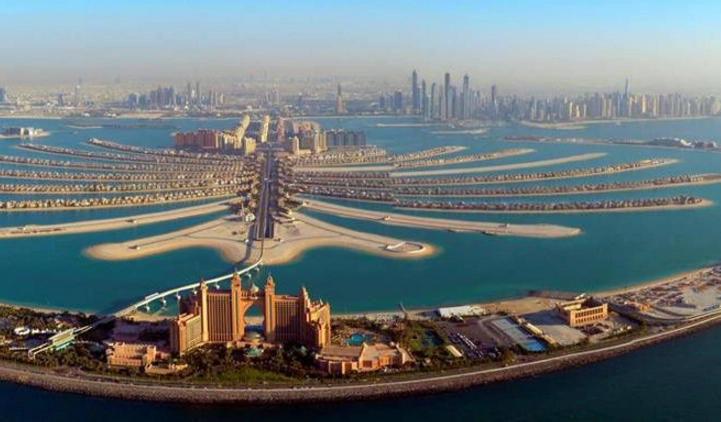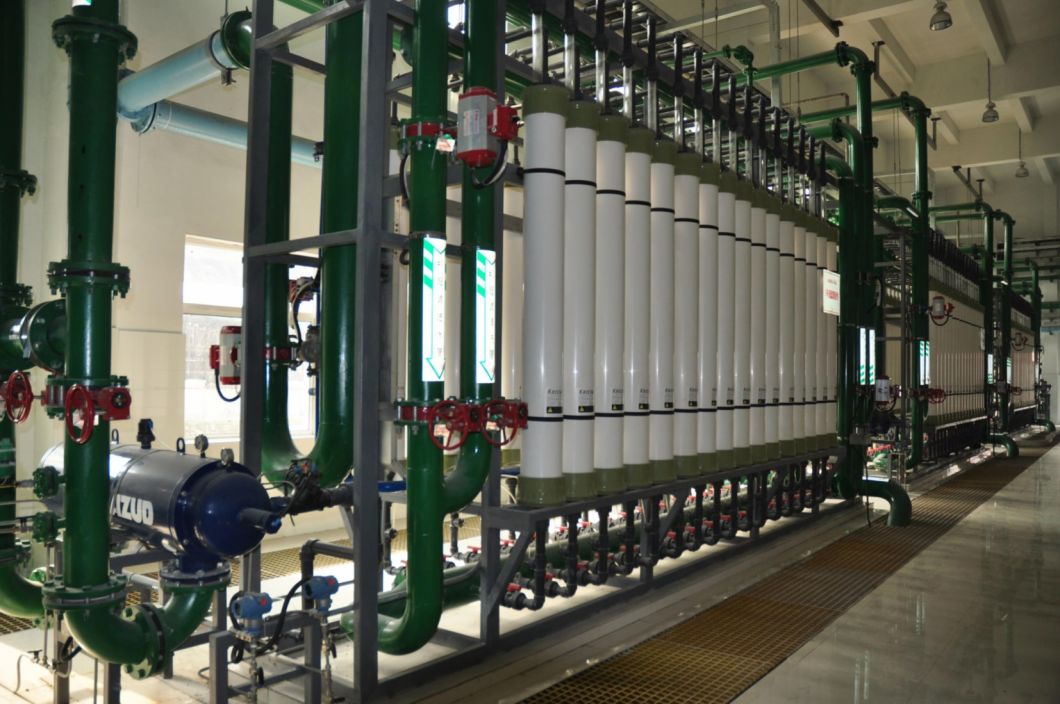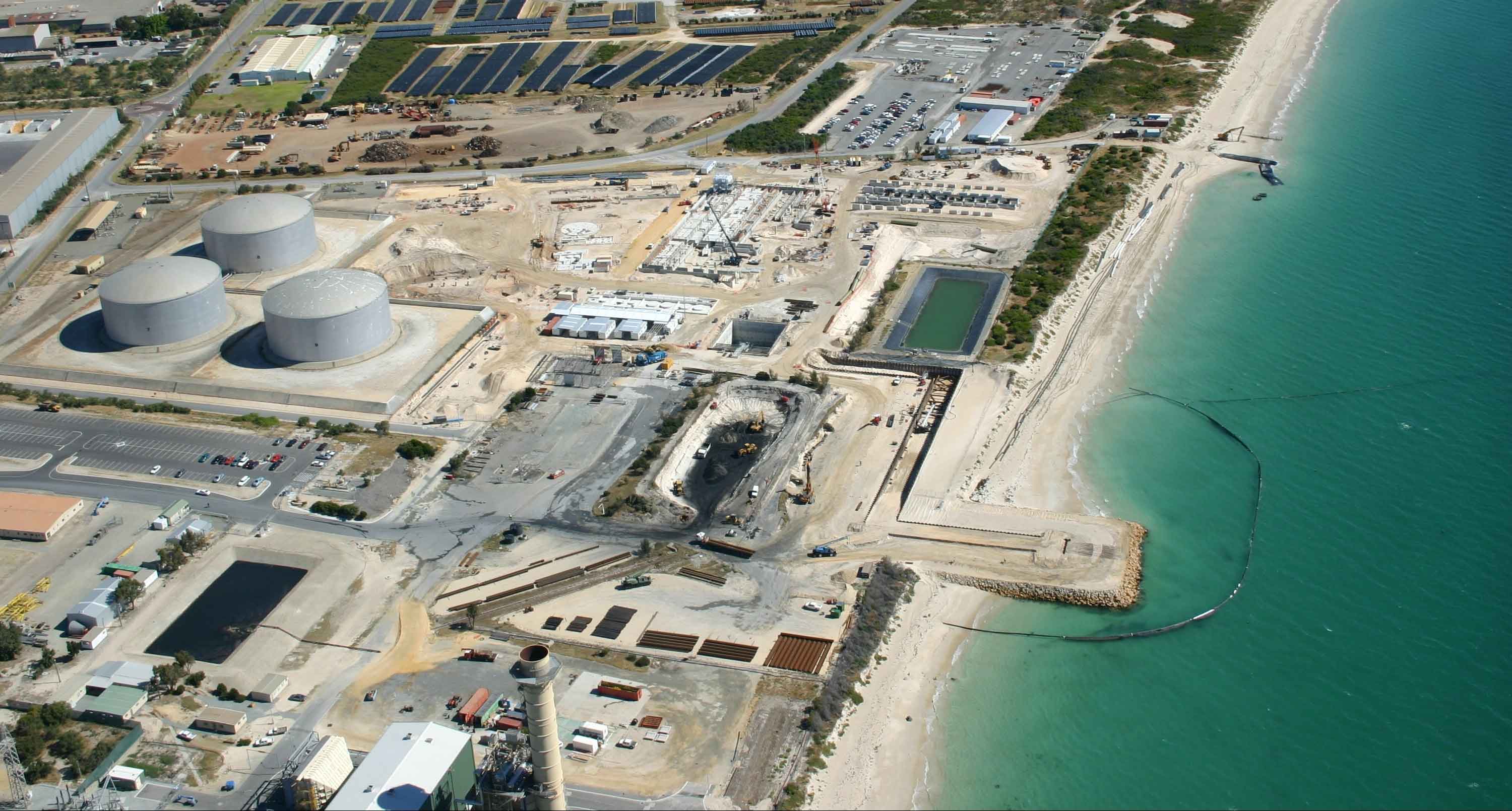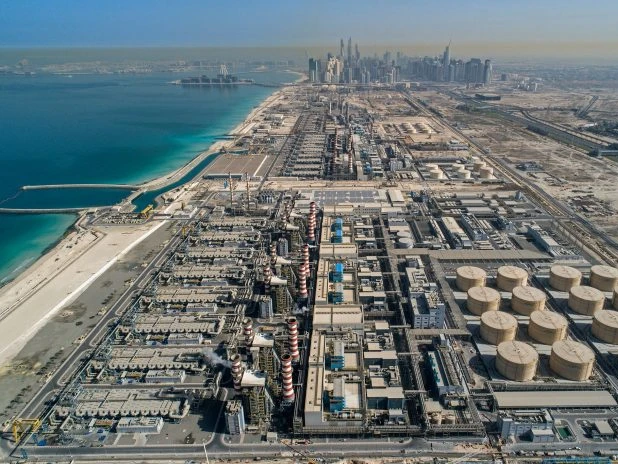- Commercial Reverse Osmosis Water Treatment Systems
- Industrial Reverse Osmosis Water Treatment Systems
- Ultrafiltration UF Water Treatment Systems
- Ion Exchange Water Treatment System
- Containerized Water Treatment Systems
- Customized Water Treatment System
- Bottle Water Filling Line
- Water Mechanical Micron Filters
- Stainless Steel Water Treatment Equipments
- Water Treatment Parts
- Water Sterilization
Does Saudi Arabia use reverse osmosis systems?
With the booming development of Saudi Arabia's economy, the demand for water resources is gradually increasing. However, this desert country is not a land without water, but rather addresses freshwater needs through the widespread use of reverse osmosis systems.
Countries with abundant water resources also face freshwater challenges
Saudi Arabia is vast and sparsely populated, although located in a desert, its water resources are relatively abundant. However, due to geographical and climatic factors, freshwater resources still face certain challenges.
The uneven distribution of water resources has led to freshwater shortages in some regions of Saudi Arabia. To solve this problem, Saudi Arabia not only relies on traditional freshwater resources, but also extensively uses modern seawater reverse osmosis desalination systems.

Seawater reverse osmosis desalination system becomes a freshwater solution
In order to meet the growing demand for fresh water, Saudi Arabia has adopted advanced seawater reverse osmosis desalination systems. This system removes salt and impurities from seawater through efficient technology and converts them into fresh water that can be used for irrigation and drinking.
The seawater reverse osmosis desalination system has been widely used in coastal cities of Saudi Arabia, becoming an effective means to solve freshwater shortages. The introduction of this technology not only improves the utilization rate of freshwater resources, but also takes an important step for Saudi Arabia in water resource management.

Technological innovation promotes the efficiency improvement of reverse osmosis systems
With the continuous development of technology, the technology of reverse osmosis seawater desalination systems is also constantly innovating. The application of new materials and advanced processes has improved the energy efficiency of the system while reducing operating costs.
Saudi Arabia continuously pursues technological innovation in the use of seawater reverse osmosis desalination systems to improve system efficiency and reliability. This effort not only helps to solve the problem of freshwater shortage, but also promotes the promotion and application of this technology in China.

The Challenge of Saudi Arabia's Anti Osmosis System Application with Equal Emphasis on Environmental Protection and Economy
Although the reverse osmosis system has solved the freshwater problem in Saudi Arabia, its application also faces some challenges. Environmental issues and high system construction costs are the main considerations.
The seawater reverse osmosis desalination system not only removes salt, but also generates some wastewater. How to properly treat these wastewater has become an environmental issue that needs to be addressed. In addition, the construction and maintenance costs of the system are relatively high, which puts certain pressure on the national finance.

The government supports the promotion of anti infiltration systems nationwide
In order to solve the problems in the application of reverse osmosis systems, the Saudi Arabian government has taken a series of support measures. Invest more resources in technology research and development to promote the application of environmental protection technologies. At the same time, the government also promotes the nationwide promotion of seawater reverse osmosis desalination systems through financial support and other means.
Government support helps to balance the contradiction between environmental protection and economy, enabling seawater reverse osmosis desalination systems to better serve Saudi Arabia's freshwater demand. This also provides a valuable experience for other regions facing freshwater problems.




